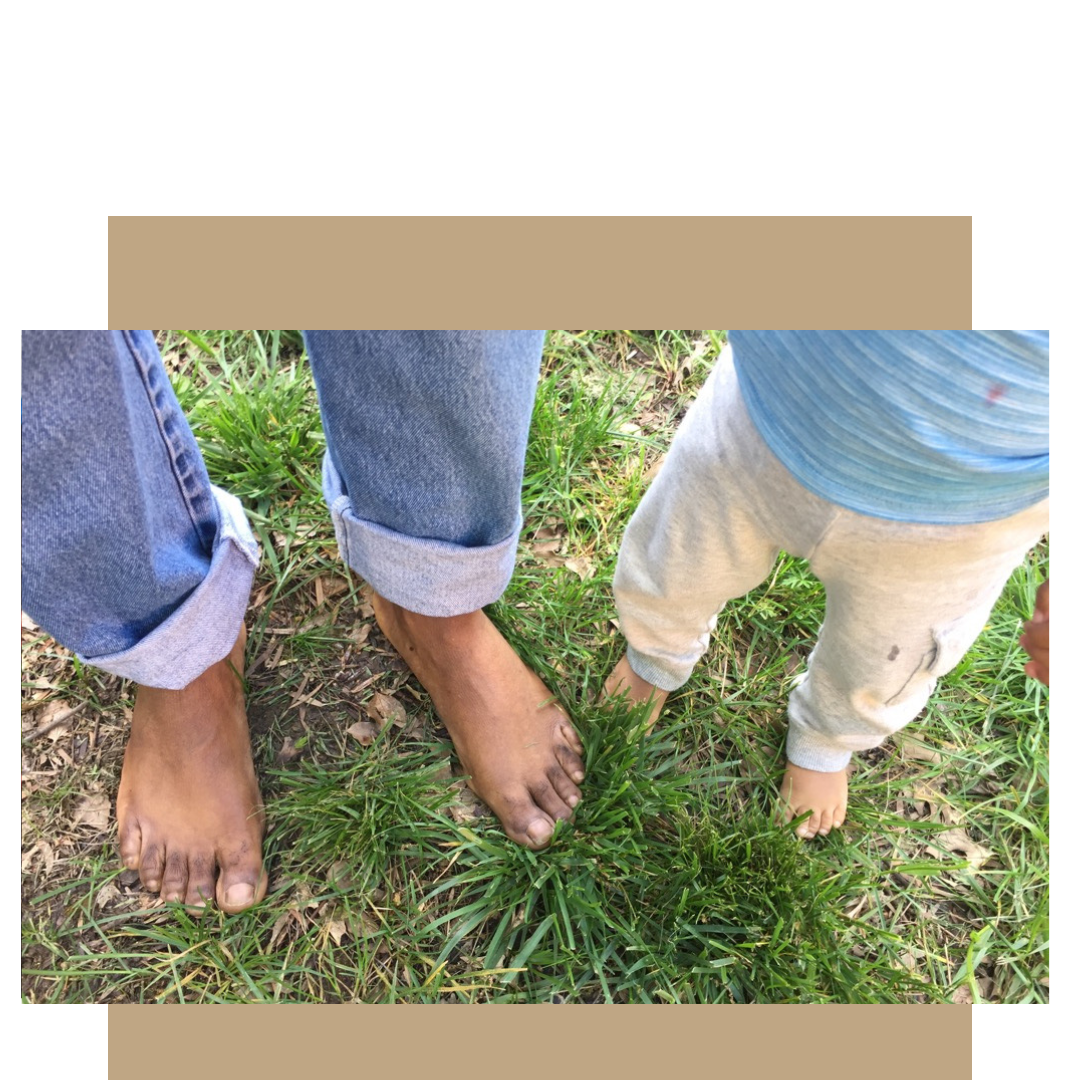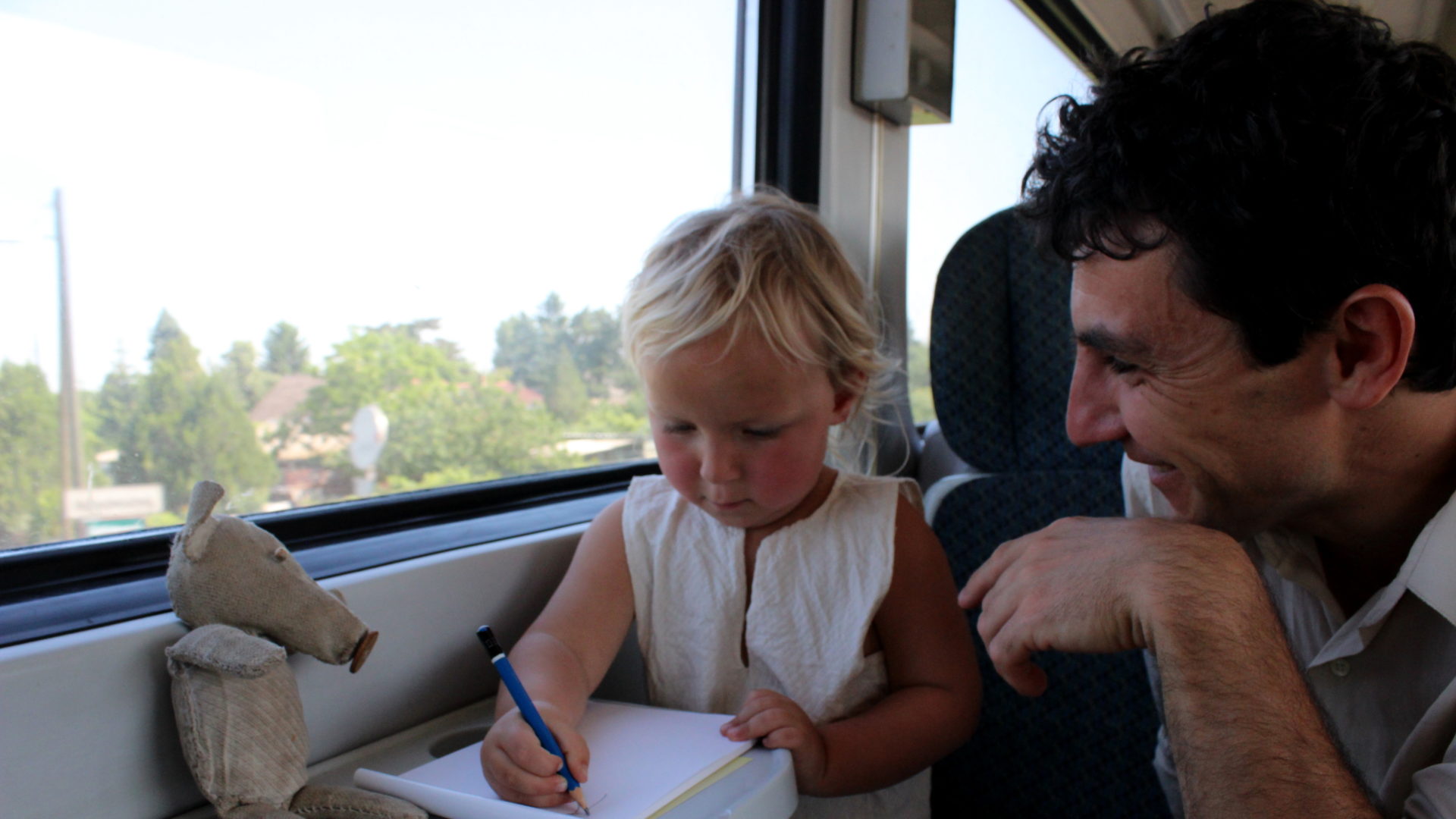The Pros and Cons of Co-Sleeping

Depending on who you ask, co-sleeping is either the best thing to ever happen to new parents or the worst. The decision to co-sleep is a very personal decision and you should make sure you have collected all the facts before making the commitment, as there are valid points to both sides of the argument. So, it’s important to keep an open mind and consider what’s best for your family and lifestyle. Let’s delve into the ups and downs of the family bed.
Pros
Promotes Breastfeeding
Co-sleeping while breastfeeding provides easy, convenient access for nighttime feedings. There is no need for everyone to completely awaken and fumble through the dark. This creates less of a disturbance and allows both mom and baby to get back to sleep quickly. Some infants will even find their mother’s breast and feed instinctively without even waking their mother.
Syncs Sleep Cycles
Families who co-sleep begin to sync up their sleep cycles. In fact, studies have shown that mothers who co-sleep begin to sync their breathing patterns with that of their infant. This natural syncing of bodily activity results in mothers naturally waking a few minutes before feeding times resulting in mothers who are less groggy and get back to sleep more naturally.
Family Bonding
Co-sleeping is an excellent way to extend bonding time, especially for dads who don’t have the advantage of breastfeeding as a means of physical bonding. Co-sleeping creates a warm, secure environment that reduces anxiety, promotes feelings of closeness, and provides extra time together that the family might not otherwise be able to take advantage of.
Reduced Risk of Postpartum Depression
Co-sleeping moms have lower levels of cortisol – the stress hormone, and experience higher levels of prolactin and oxytocin, the hormones responsible for feelings of happiness and motherly affection. This hormone cocktail is more likely to stay in balance and reduce the risk of postpartum depression in co-sleeping moms.
Cons
Risks of Suffocation
The risk of suffocation in co-sleeping is minimal without extraneous factors, However, if you take anything that induces drowsiness, are obese, or are intoxicated, co-sleeping is not recommended. You will also want to avoid large pillows, heavy comforters, and excessive bedding. Many parents face concerns about SIDS and co-sleeping. However, a recent study contributed only 15% of SIDS cases to co-sleeping compared to 36% to the infant sleeping alone.
Difficult Move to Crib
There is some evidence that children who co-sleep for a longer duration have a harder time transitioning to a crib. The right time to transition will depend on the individual child and family, but transitioning later in childhood can result in more separation anxiety. The transition can be rough and result in a lot of sleepless nights while trying to make switch.
Intimacy Issues
This probably goes without saying, but sharing a family bed isn’t always the most conducive environment for a couple’s physical intimacy. Parents may not feel like they have a space that is their own. If you choose to engage in co-sleeping, you’ll want to make a concerted effort to set aside time for the two of you and engage each other on other levels as well.
At the end of the day, there is no right or wrong answer only what’s right for your family. Every family and every baby is unique. Some families choose to pursue one method exclusively while others may choose to combine methods to fit their individual lifestyles. The important thing is that your family finds what makes everyone in the family comfortable.




